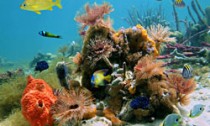
Australia has pledged A$500 million ($379 million) in an effort to rescue the ailing Great Barrier Reef in the country’s largest-ever investment in coral reef conservation.
The landmark plan includes funds for improving water quality by reducing pollution from farm fertilizer runoff, and encourage reef restoration by experimenting with laboratory-grown coral that is more durable at higher temperatures, the New YorkTimes reports. The proposal also includes A$58 million ($43.8 million) to stem the spread of crown-of-thorn starfish, a poisonous coral-eating predator.
“We’ll be improving the monitoring of the reef’s health and the measurement of its impacts,” Environment Minister Josh Frydenberg said at the plan’s announcement on Sunday...
Read More

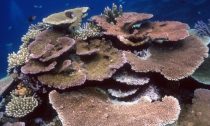
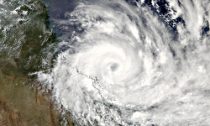
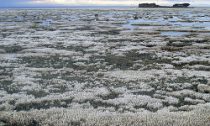
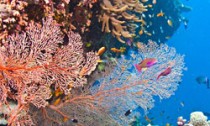
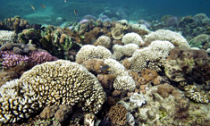
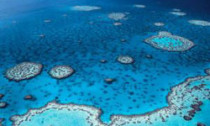
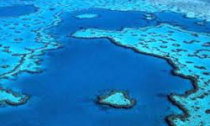


Social Profiles